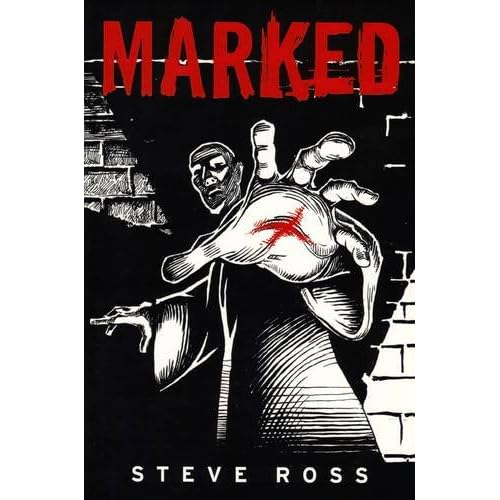One of the things that is often debated with regard to emergence is the need to reject the perceived autocratic forms of Church leadership. People have a deep desire to be included and in feel a responsibility for their own faith. To take an active place in their own relationship with God and to lead one another collectively.
In this world of Christian Jargon we have a plethora of hyperpolysyllabic words to assist us as we pursue a satisfactory description of a utopian model of church leadership. In the ‘historic church’ people often use the phrase “Pope in their own Parish” or “Father knows best” to describe others, but I have yet to hear someone label themselves in this way. Mostly, within the ‘historic church’ people use the phrase “shared ministry”. Responsibility is handed out. The church is recognised as “the body of Christ” and a perceived sense of camaraderie is spoken of as we pull together to the task of declaring the good news…
…the problem is that social convention and group dynamics don’t actually allow this to happen.
So of these two different models what is the actual difference other than language? Do we actually end up with a pecking order that is more dangerously insidious? An unspoken social structure to which those who are uninitiated in the group can fall foul. A community of eventual disempowerment and a group of gradually de-skilled people. At least with “Father knows best” we have a situation where everyone knows the social conventions. There is a certainty in this with which we all can work.
To illustrate further, my wife recently went to a “initial consultation” at work to look at the “vision statement” of her department. In the “consultation”, a presentation was given of the finalised vision statement with the instruction “take this a disseminate it widely in your department”. Effectively, an autocratic system of leadership with the language of consultation. Or as I would prefer to call it as I am from Yorkshire, “a lie”.
So am I arguing for the autocratic style of church leadership that we all seem to experience and yet which we all firmly deny exists? Am I suggesting that we point at the elephant in the room and call it what it is? I am a Yorkshireman after all and it would seem meet and right to declare that the spade is on the left and the shovel is on the right.
Of course I’m not suggesting an autocracy. That would be silly. What I am calling for is a more radical approach to our view of “shared ministry” that doesn’t include an unspoken “father knows best”. Real sharing of power and responsibility means that we need to be empowered to let go. We need to nurture those we meet and facilitate them as they explore their gifts. We must support them as they try things for the first time. To be the safety net for those in our communities who want to fly for the first time and have just plucked up courage to spread their wings and leap from the branch. To encourage each other as we develop communities that build each other up.
Most importantly it means being able to congratulate and encourage someone who did it better than we ever could. We must shelve our pride and recognise that God does not depend on us, we depend on God.
Have more faith in the church than you have in yourself. Have still more faith in Him who made all than you have in the church.

 I have just finished reading
I have just finished reading